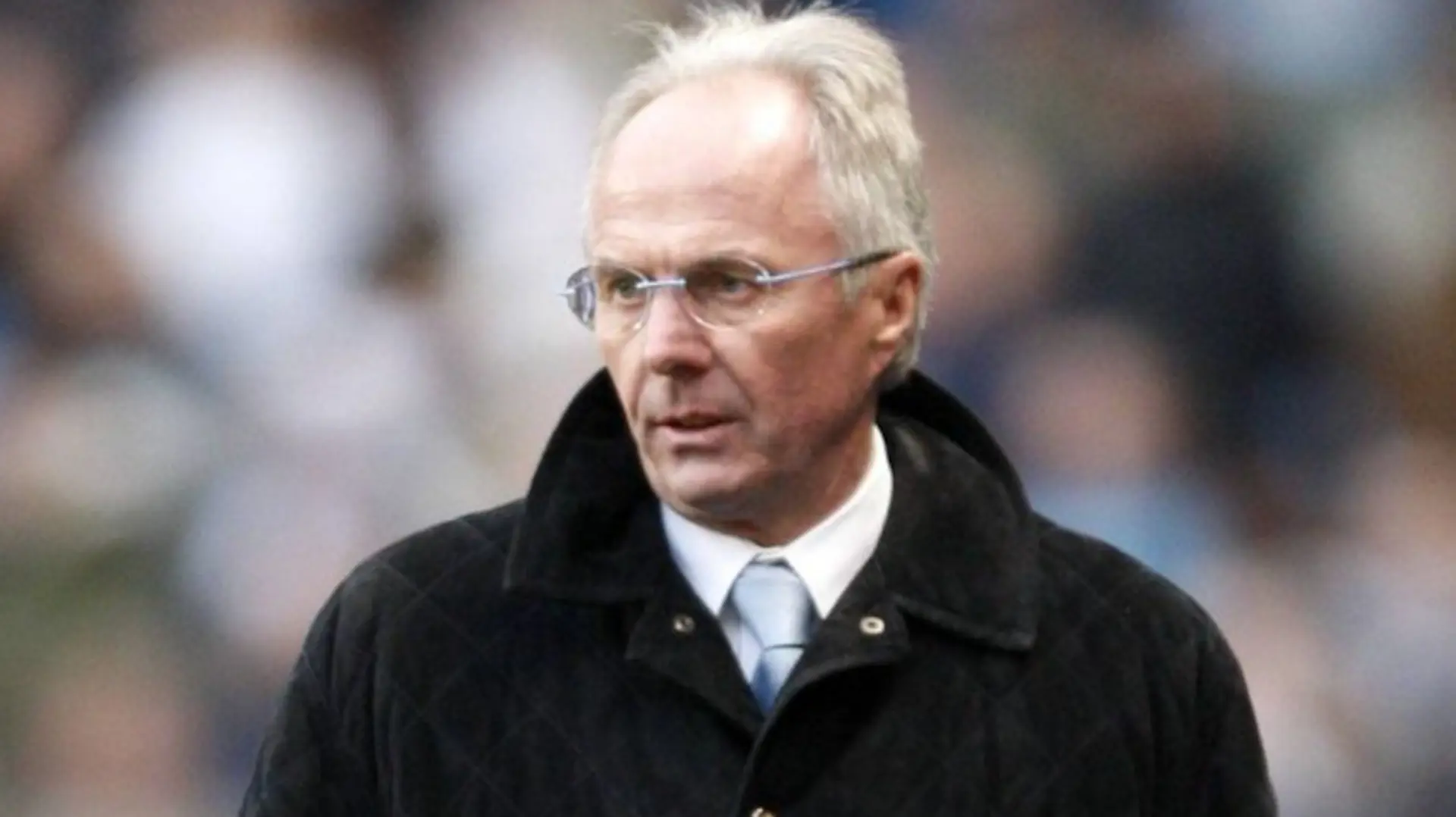Suave Eriksson put Swedish football on the map

Few who saw him play the game would ever imagine that Sven-Goran Eriksson would go on to put Swedish football on the map, but as a coach he did just that, winning major titles and managing England in a glittering, but complex career.
Eriksson, who died on Monday at the age of 76 after a battle with cancer, started his career as a competent but limited player, yet he went on from those humble beginnings to become one of the most sought-after coaches and arguably one of the most famous names in the game.
To the rest of the world, he was the suave gentleman on the sidelines, suited and bespectacled, who won league titles in Portugal and Italy before his England adventure, but in Sweden, he was viewed differently.
In his home country, he is primarily remembered as the man who, inspired by English coaches Bob Houghton and Roy Hodgson, led IFK Gothenburg to an incredible European triumph that laid the foundations for his successes.
In something that would be almost inconceivable in modern football, he took the part-timers from Sweden's west coast and led them to a stunning 4-0 victory on aggregate over SV Hamburg in the 1982 Uefa Cup final.
That win opened up the footballing world for Eriksson, and he spent most of the following two decades in Portugal with Benfica and in Italy with Lazio and Fiorentina.
He won three league titles during two spells at Benfica, but it was arguably his Scudetto triumph with Italian side Lazio in 2000 that made him one of the most well-known names in football.
STUNNING WIN
The peak of his fame came as England's first foreign manager between 2001 and 2006, leading them to a crushing away win over Germany early in his reign and restoring the nation's confidence in the team after years of turbulence.
Alongside David Beckham, Eriksson became the face of a revitalised and popular England team, even if his inability to get them beyond the quarterfinals of major tournaments rankled.
As with many England managers, the glare of the spotlight became too much and after a number of tabloid stories about his private life, he stepped down after the 2006 World Cup.
Though he went on to manage Mexico, Ivory Coast and the Philippines, as well as a host of clubs in England and China among other football jobs, Eriksson never reached those heights again.
Renowned as an excellent communicator and man manager, "Svennis" left much of the work on the training ground to his long-time assistant Tord Grip, and where one went, the other often followed.
After announcing in January that he had been diagnosed with incurable cancer of the pancreas, Eriksson visited many of the countries and clubs where he coached, receiving a warm reception from fans in recognition of his influence and achievements.
Advertisement

